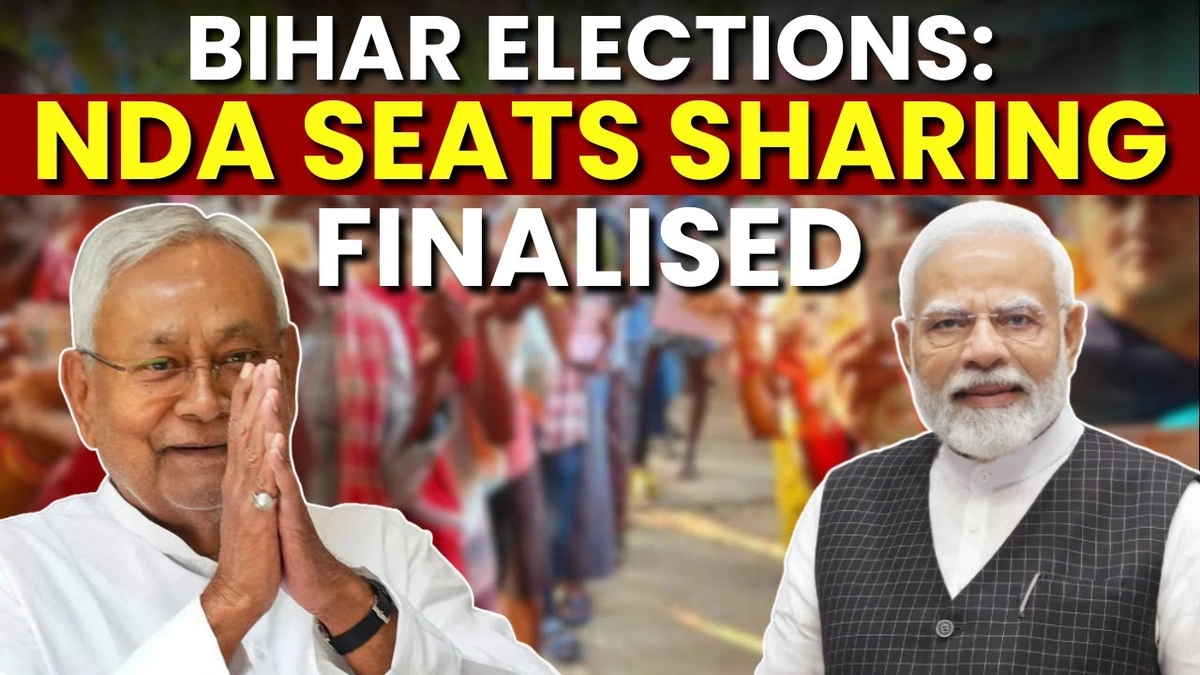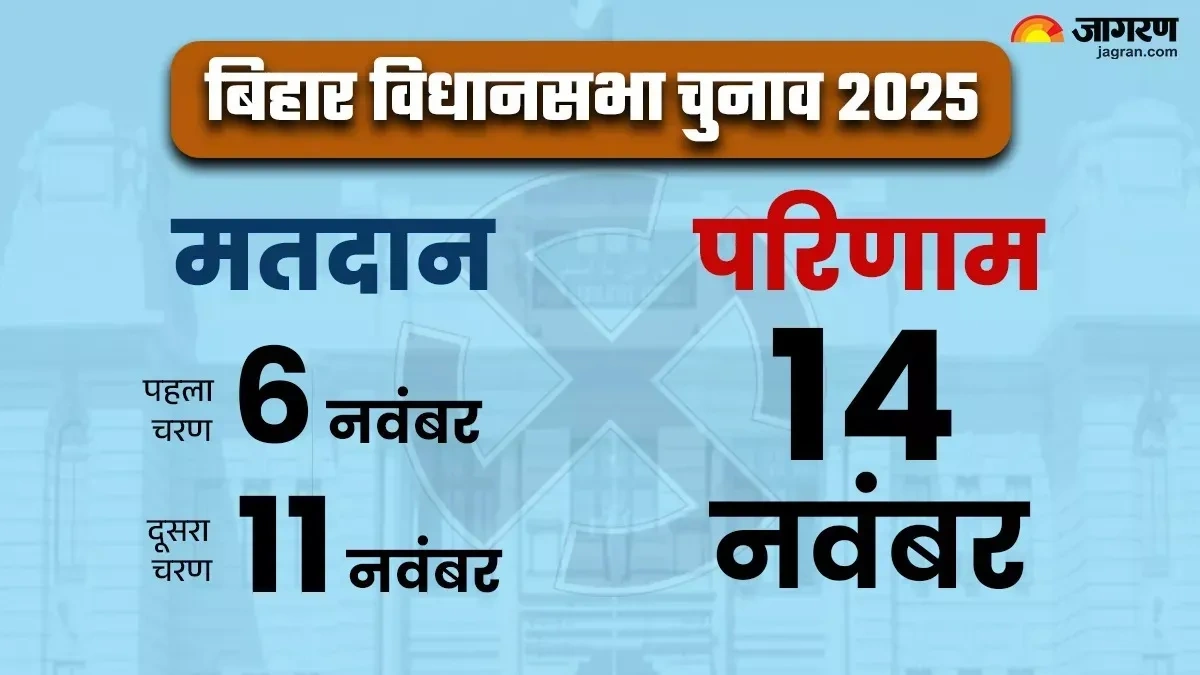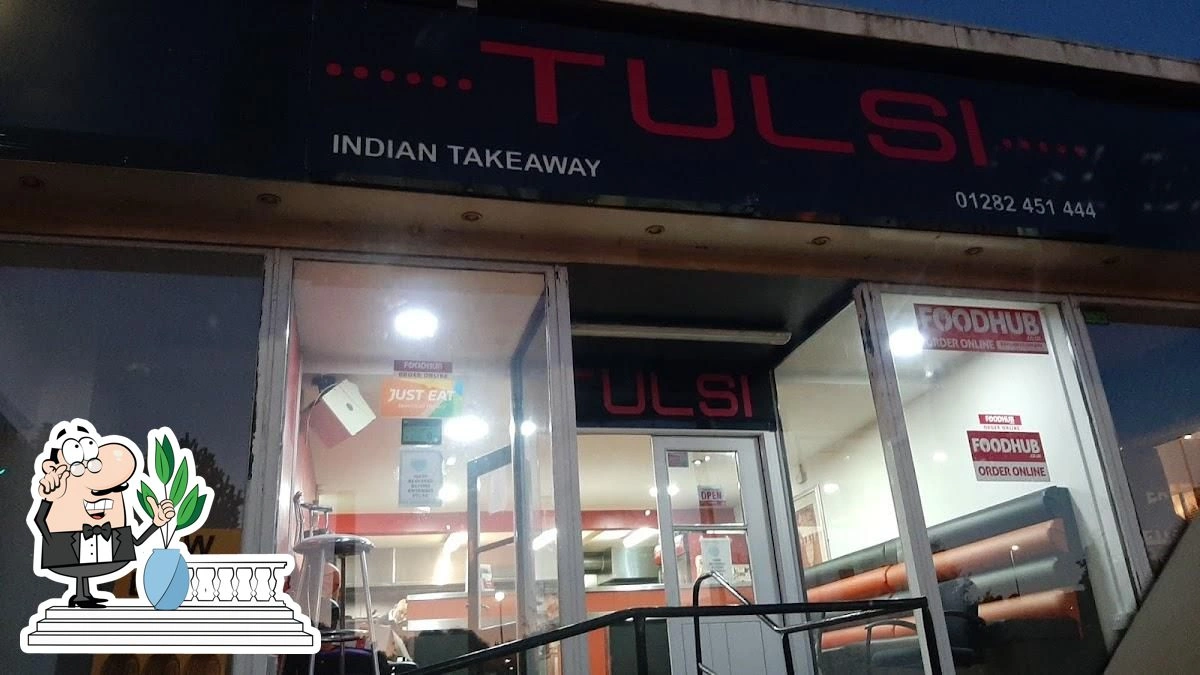Supreme Court Rejects Challenge to Telangana’s 42% BC Reservation in Local Elections
So, the Supreme Court has given a thumbs-up to Telangana’s 42% reservation for Backward Classes (BCs) in local body elections. You might be thinking, “Okay, that’s cool. But why should I care?” Here’s the thing: this isn’t just about some numbers on a page. It’s a decision that touches on the very fabric of social justice, political representation, and the future of local governance in Telangana. Let’s dive in, shall we?
The Backstory | A Reservation Rollercoaster

Telangana’s journey with BC reservations has been anything but smooth. For years, the state has grappled with the question of how best to ensure fair representation for its significant BC population. The 42% quota, initially introduced, faced legal challenges questioning its validity. These challenges centered around whether the quota exceeded permissible limits and whether it was based on credible data. This is where things get interesting. The legal battles went back and forth, causing uncertainty and impacting local elections. Now, with the Supreme Court’s seal of approval, there’s a sense of stability. But, and this is a big but, understanding the nuances is crucial. Think of it like this: the reservation policy is the engine, and the Supreme Court’s verdict is the fuel that keeps it running.
Why This Matters | Beyond the Numbers
Okay, let’s get real. This isn’t just about percentages. It’s about power. It’s about giving a voice to communities that have historically been marginalized. BC representation in local bodies directly impacts policy decisions at the grassroots level. Think about it: who better to understand the needs of a community than someone who comes from that community? This reservation ensures that BC voices are heard when decisions are made about everything from infrastructure development to social welfare programs. It’s about building a more inclusive and equitable society from the ground up. And, honestly, that’s something worth getting excited about.
What fascinates me is how this decision might influence other states grappling with similar issues. Will other states facing challenges to their reservation policies look to Telangana’s case as a precedent? Will this spark a nationwide conversation about the optimal balance between social justice and electoral representation? Only time will tell, but this ruling has definitely thrown a pebble into the pond, creating ripples that could spread far and wide.
The Nitty-Gritty | What the Ruling Actually Means
Alright, let’s break down what the Supreme Court’s decision actually entails. First and foremost, it upholds the 42% reservation for BCs in local body elections in Telangana. This means that a significant chunk of seats in institutions like Gram Panchayats, Mandal Parishads, and Zilla Parishads will be reserved for candidates from BC communities. However, the ruling likely comes with conditions. The court probably emphasized the need for regular reviews to ensure that the reservation continues to be justified by empirical data. In other words, the state government needs to keep collecting data to prove that the 42% quota is still necessary and proportionate. The Telangana BC quota system must adhere to the overall 50% ceiling on total reservations, as mandated by previous Supreme Court rulings. This means that the combined reservations for Scheduled Castes (SCs), Scheduled Tribes (STs), and BCs cannot exceed 50% of the total seats. As per the guidelines mentioned in the information bulletin , regular updates are published.
The judgement also underscores the importance of conducting a rigorous and up-to-date assessment of the socio-economic and educational backwardness of BCs in the state. This involves collecting data on various indicators, such as income levels, educational attainment, access to healthcare, and representation in government jobs. This data should be used to justify the extent of the reservation and to ensure that it is targeted at the most deserving communities. A common mistake I see people make is thinking the reservation guarantees them a position, where really it just provides a fair opportunity to compete.
The Road Ahead | Challenges and Opportunities
So, what’s next? Well, the Telangana government needs to ensure the smooth implementation of this reservation policy. This includes updating electoral rolls, training election officials, and creating awareness among BC communities about their rights and opportunities. The government must also address potential challenges such as litigation from those who oppose the reservation. Political parties will need to adapt their strategies to accommodate the new reservation rules. This might involve identifying and promoting BC candidates, tailoring their manifestos to address the specific concerns of BC communities, and building alliances with BC organizations. Honestly, the real test lies in how effectively these policies translate into tangible improvements in the lives of ordinary people.
The government should also focus on empowering BC communities through education, skill development, and access to credit. Local election dynamics are about to change. Reservation in local elections is not an end in itself, but a means to an end. The ultimate goal is to create a level playing field where everyone has an equal opportunity to succeed, regardless of their caste or background.
The Big Picture | Social Justice and Beyond
Let me rephrase that for clarity…this ruling goes beyond just Telangana. It touches on broader questions about social justice, equality, and the role of affirmative action in a diverse society. It forces us to confront uncomfortable truths about historical injustices and ongoing inequalities. It challenges us to think critically about how we can create a more just and equitable society for all. And, perhaps most importantly, it reminds us that the fight for social justice is never truly over. It’s a continuous process of reflection, reform, and renewal. Political implications in this new era are vast.
FAQ Section
Frequently Asked Questions (FAQs)
What exactly does this Supreme Court ruling mean for local elections in Telangana?
It means that the 42% reservation for Backward Classes (BCs) in local body elections is now legally valid. A significant chunk of seats will be reserved for BC candidates.
Does this ruling affect reservations for other groups like SCs and STs?
No, this ruling primarily concerns the BC reservation. However, the total reservations for all groups (SCs, STs, and BCs) cannot exceed 50%.
How will the Telangana government ensure this reservation is implemented fairly?
The government will likely update electoral rolls, train election officials, and raise awareness among BC communities about their rights.
What if someone challenges this reservation in the future?
The Supreme Court has ruled in favor, subsequent challenges would likely need substantial new evidence to overturn this decision.
Where can I find more information about this ruling and its impact?
Check official government websites and reputable news sources for updates and detailed analysis of the Supreme Court’s decision.
Will this reservation lead to better representation of BC communities in local governance?
That’s the hope! By reserving seats for BC candidates, the aim is to ensure that their voices are heard and their needs are addressed in local policy decisions.













